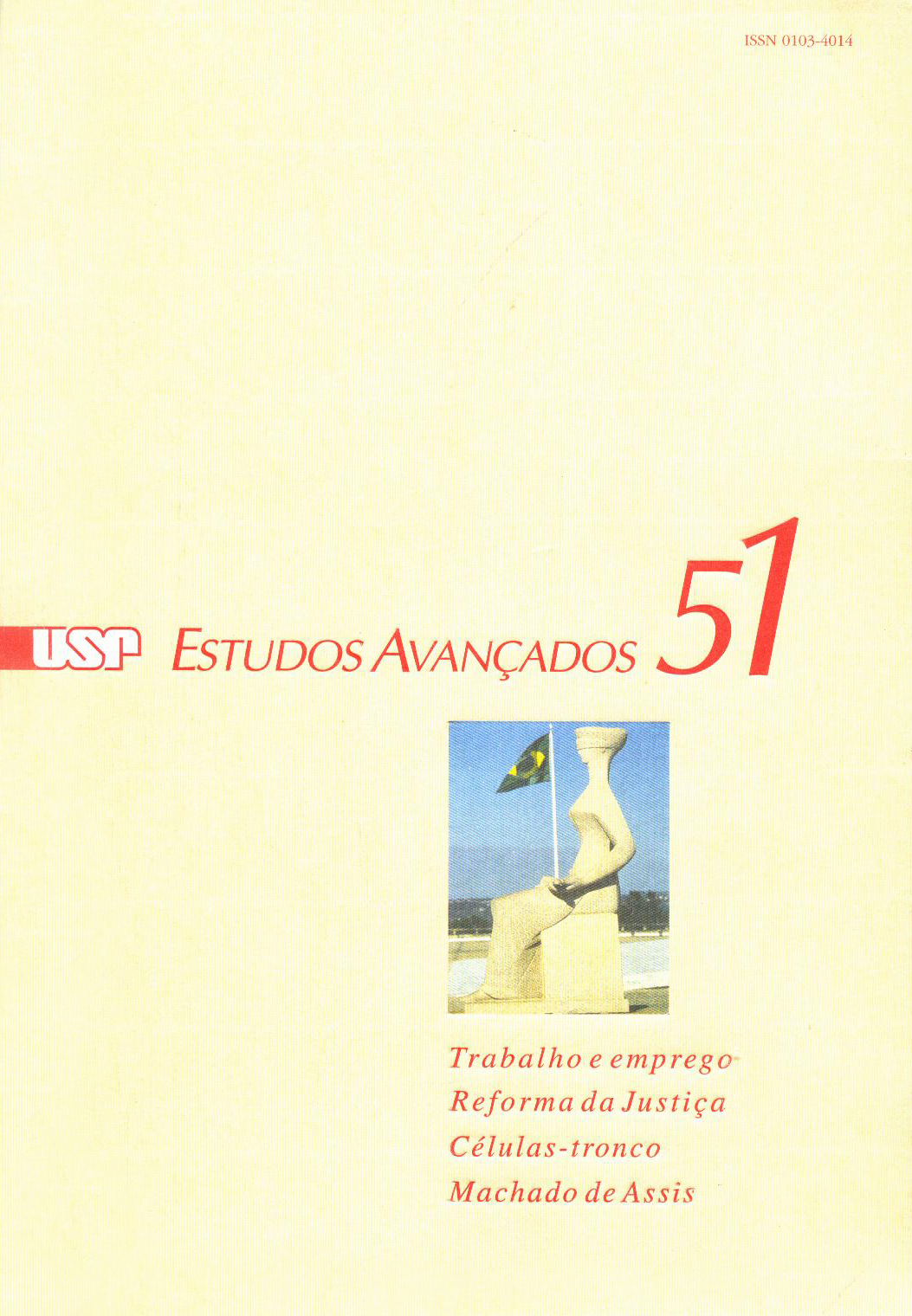Embriões, células-tronco e terapias celulares: questões filosóficas e antropológicas
Resumo
AS THE possibility of therapeutic cloning in humans has just been demonstrated by a Corean group of researchers, the paper argues that biotechnologies of that kind may contribute to alleviate the chronic shortage of organs and tissues for transplantation. Ever since immunosuppressant drugs have become available, transplantation surgery has made considerable progress, and the procurement of transplants, especially from living donors, has been problematic. The investigation of the properties of (adult or embryonic) stem cells opened great hopes. Conditions such as diabetes, multiple sclerosis, myocardial infarct, or neurodegenerative diseases (Parkinson's, Alzheimer's, Huntington's diseases), could be treated by cellular therapy, namely, transplantation of human cells issued from cell lines derived from human stem cells possibly stored in cell banks. Adult stem cells, however, are rare and difficult to identify (apart from bone marrow, which contains the precursors of blood cells, a resource already widely used). There exists a large supply of human embryonic stem cells in countries where the freezing of embryos for the purposes of medically assisted procreation leaves 'spare' or 'surplus' embryos which may be either destroyed or donated for research after couples have fulfilled their procreative aim. It is often considered that harvesting stem cells from those embryos, for use in research or therapeutics, is morally more acceptable than destroying them. But the constitution of stem cell banks is open to two objections. First, in order to offer HLA compatible grafts to a large population, the bank should offer a selection of cell supplies representative of all HLA types in the population, a virtually impossible task. Second, with HLA compatible grafts there remains a risk of immunorejection, and a necessity for the patients treated to take immunosuppressant drugs for the rest of their lives. Should biological research establish their feasibility and safety, cloning techniques might then appear to be the best choice. Treating (for example) diabetic patients with cells constructed by transferring the nucleus of a somatic cell of the patient into an enucleated oocyte would have the double advantage that the graft would be immunocompatible with the receiver, and that cell banks would not be required; instrumentalizing women for the collection of oocytes has been found objectionable, but a Chinese group of researchers suggested the possibility of using animal oocytes. It remains that such practices have raised lots of ethical controversies. It is at this moment difficult to assess their impact on our vision of 'humanity'.Downloads
Os dados de download ainda não estão disponíveis.
Downloads
Publicado
2004-08-01
Edição
Seção
Ética e Ciências da Vida
Licença
Estudos Avançados não celebra contrato de cessão de direitos autorais com seus colaboradores, razão pela qual não detém os direitos autorais dos artigos publicados. Os interessados em reproduzir artigos publicados na revista devem necessariamente obter o consentimento do autor e atribuir devidamente os créditos ao periódico.
Como Citar
Fagot-Largeault, A. (2004). Embriões, células-tronco e terapias celulares: questões filosóficas e antropológicas . Estudos Avançados, 18(51), 227-245. https://revistas.usp.br/eav/article/view/10011


